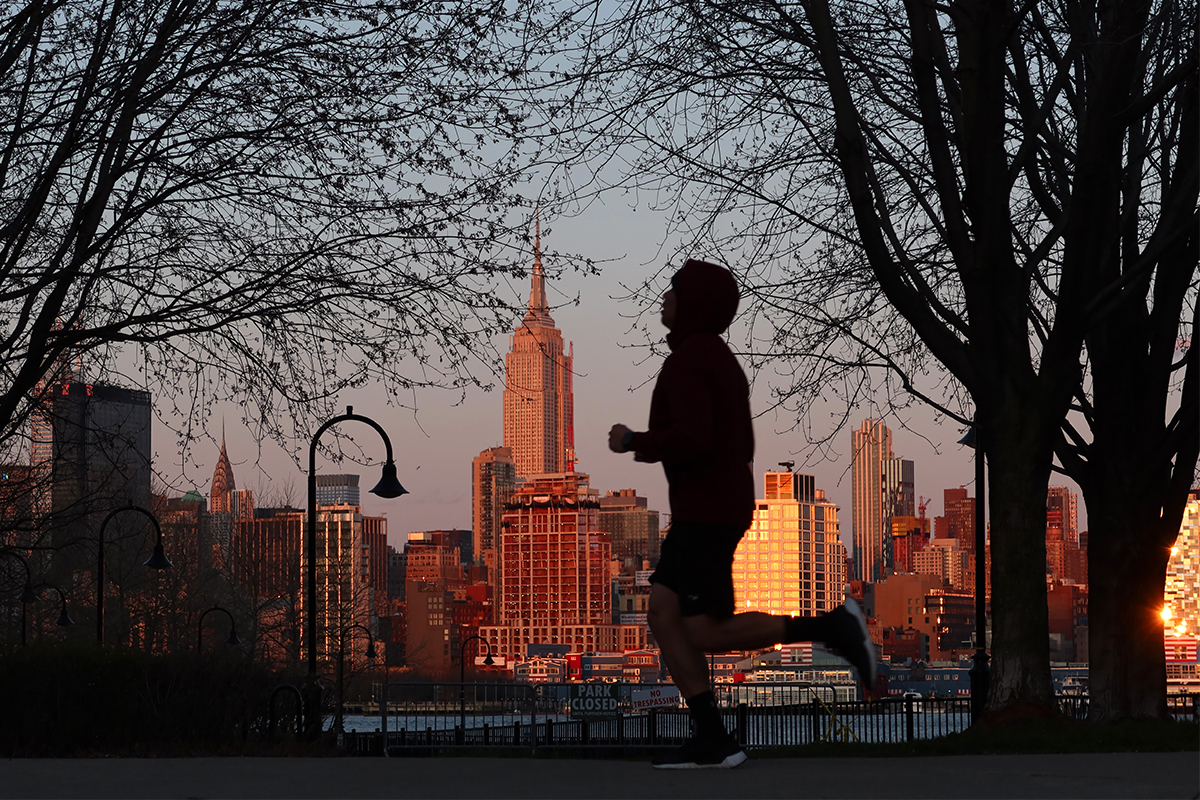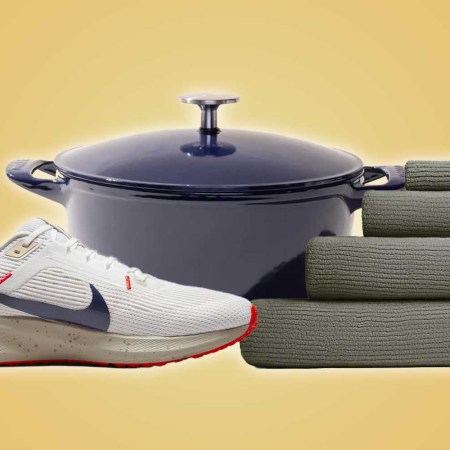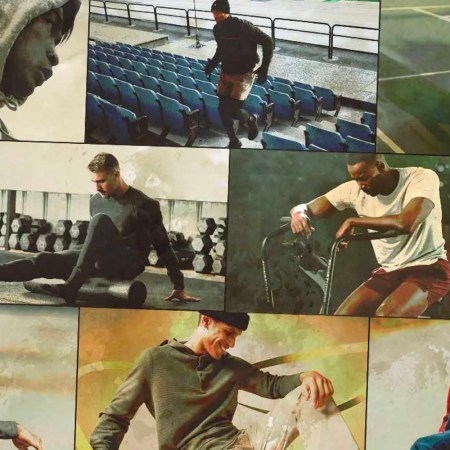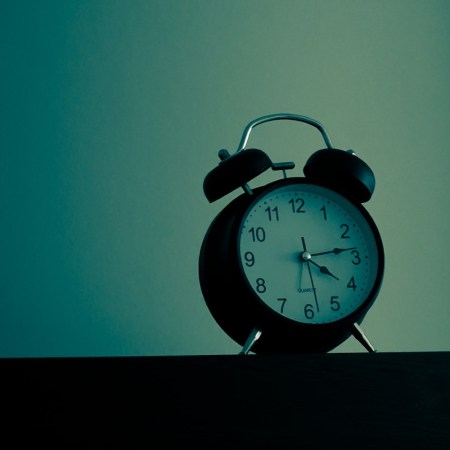It’s my own fault, I suppose, for actually believing everything I learned from the 2004 film National Treasure, but Ben Franklin is not the father of Daylight Savings Time.
Franklin did once suggest that Parisians learn to ration their candles better, by waking up earlier in the morning, but he didn’t invent the implementation of DST. That idea actually came from a British-born, New Zealand-naturalized entomologist (that’s the study of insects) named George Hudson.
You’d think Hudson would’ve seen enough beetles and bees at his job, but the man liked collecting insects at the end of the day, too. His downtime generally came during the last few hours of daylight — he moonlighted as an astronomer, literally, so he often had to work at night. Hudson so enjoyed those last couple hours before dusk that he petitioned for more of them, with a paper he presented to the Wellington Philosophical Society in 1895.
Hudson wanted two extra hours of sun each day. He was laughed at, but he lived long enough (until 1946), to see New Zealand formally adopt one extra hour, and for the UK and the United States adopt the idea on a mass scale as well. The concept isn’t quite as widespread today as you might think — here’s a map showing the countries that observe it — and Arizona’s still a holdout, due to concerns of extreme heat. But every year, the system affects the lives of hundreds of millions of people.
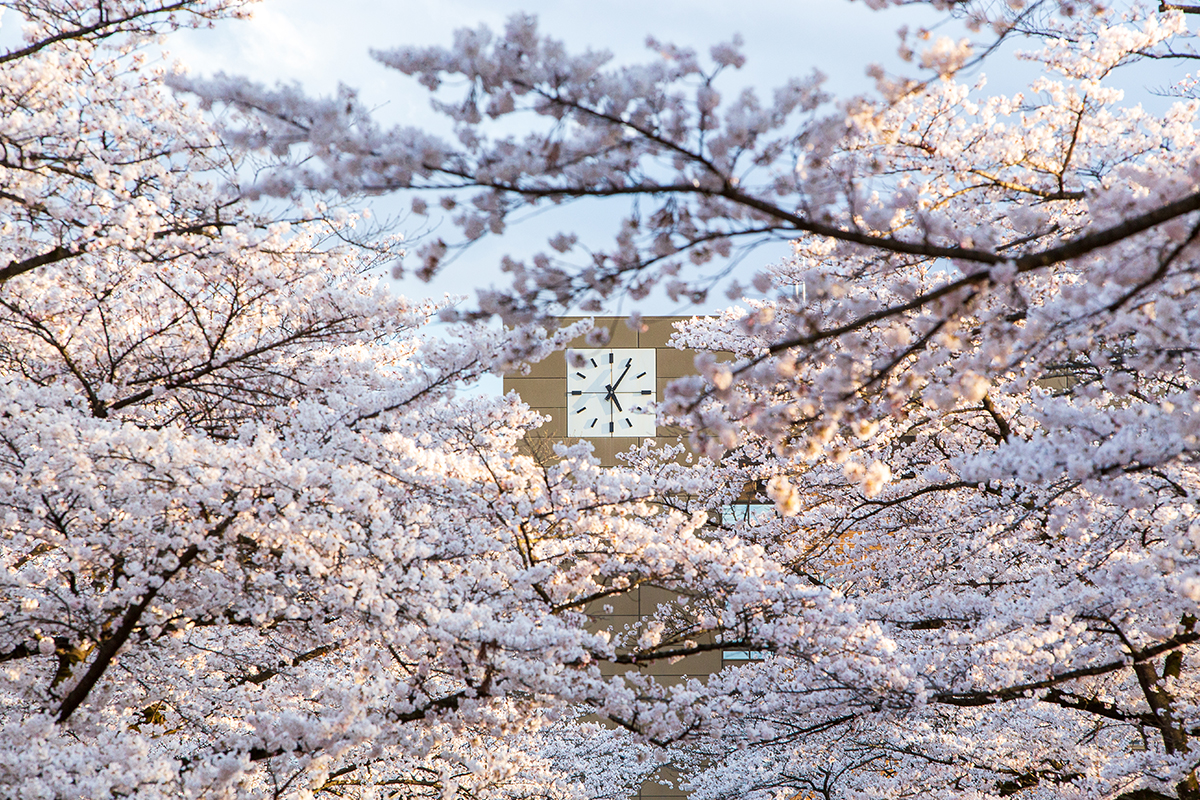
And not just by fiddling with their Sunday sleeping schedules. Recently, in fact, DST has gotten some pretty shit press. The ritual regularly leads to heftier energy bills, an uptick in traffic accidents, and widespread depression — especially when the clocks shift back in the fall. Some states have even held votes to end all this clock-turning (and just lock DST in year-round), but there would need to be a federal mandate for that to pass.
Wherever you land on the issue — the government should probably take a long, hard look at its viability down the line — this year, of all years, we should be embracing DST. Hudson couldn’t have anticipated the modern apparatuses that would eventually antiquate his idea, but the core spirit of the concept remains true: we can all stand to benefit, physically and emotionally, from more time spent in the sun.
I had conversations with friends these past few months who reported their fitness routines falling off a cliff. If they didn’t fit a workout in in the morning, it wasn’t happening at all. Without gyms open until 10pm like the old days (if they’re open at all), they’d finally caught up on emails and could log off for the day, only to see that it was pitch-black outside. Why couldn’t they work out in the morning? It’s the ideal, of course. But we all know how difficult that can be. During lunch, then? Maybe it would’ve been easier to get away with that earlier in the pandemic; but data from The Economist illustrates that remote workers are now logging longer hours than ever before. It’s hard to justify a workout if it could directly lead to a late night on the laptop.
We’ve all been caught in this cruel cycle for months now. The pandemic has mental health in an absolute bind; there’s a reason people keep tweeting about hitting the “pandemic wall.” Exercise is one of the best tools we have at our disposal to combat this sort of despair. It impacts far more than what we see in the mirror — it biochemically improves mood, memory and creativity. But too often during these 12 months of trauma, it’s felt impossible to get up and out there. Lindsay Crouse, a columnist for The New York Times and a 2:53-marathoner (that’s really fucking fast), recently confessed that she stopped running for months during the pandemic.
And for those who can find the drive, the logistical nightmare of a cold, dark winter where everything is closed has done its darnedest to squash those wellness dreams. How many times, really, can one do pushups five feet away from his bed?
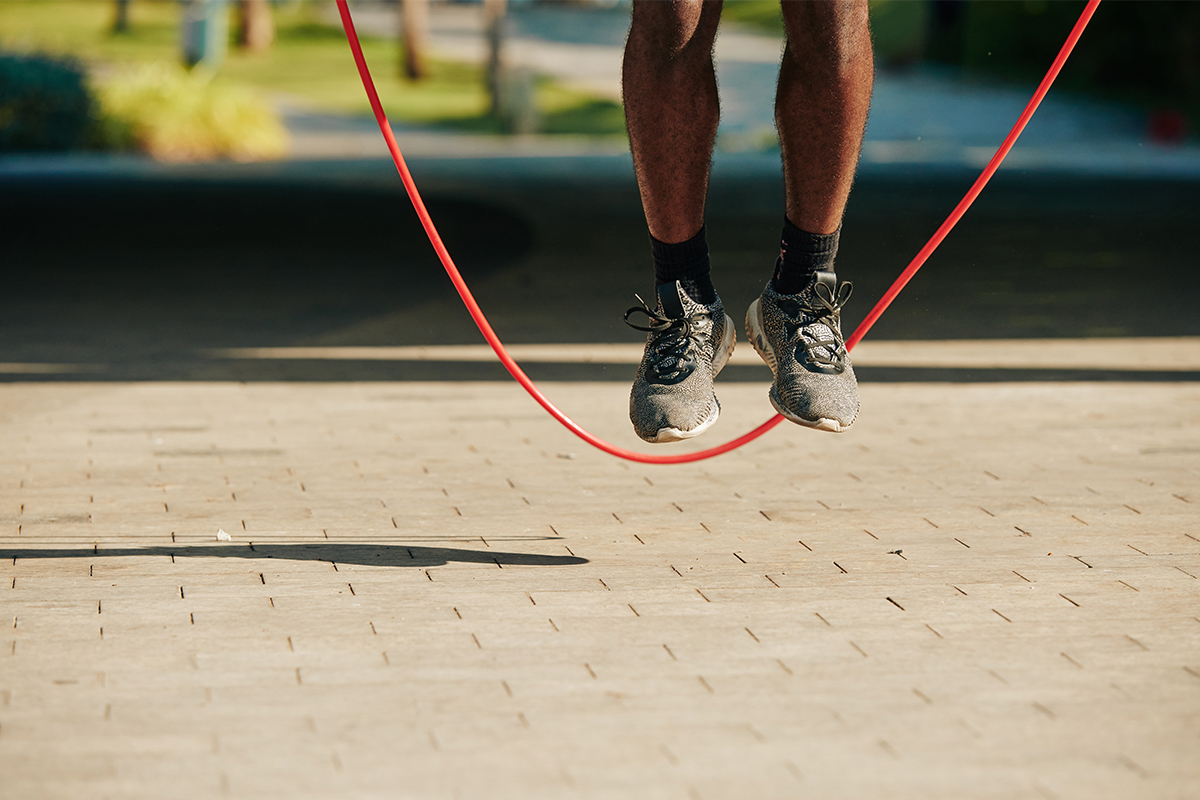
But this Sunday, you get an extra hour. It’s a gift, like every positive news alert you get about the vaccination effort. It’s a lifeline. Take it. In years past, the first few weeks of DST were a workplace anomaly. You’d leave the office and chuckle. “Heh! It’s still light out!” Maybe you’d make plans for an aperitivo. Or head to a ballgame. Most likely, though, you’d just have some extra visibility as you drove your car or rode public transportation back home. Before the pandemic, the averge American’s evening commute was 27 minutes.
But that’s a stretch of time you can put to great use this year. In pursuit of re-establishing your personal fitness this spring — in both mind and body — treat that DST hour as sacred. Consider it the hour in between the final task of your workday and your first bite of dinner. Use it for a run, use it to do jump rope repeats in your driveway or a local park, use it to go for an extended constitutional.
It’ll take the pressure off your mornings (and hopefully put an end to that silly guilt you feel whenever you snooze through a workout — which doesn’t deserve to control you), and slot well into your evenings. It’s better to exercise before a larger meal like dinner, anyway, while most successful wind-down routines occur hours after any effort to increase one’s heart rate variability. You don’t want to max out on the bench press an hour before bed, in other words. That’s insomnia fuel.
Starting next week, make one of the world’s strangest, most contentious habits, your personal habit, in order to better navigate a testy, uncertain roadmap to the end of this pandemic. You don’t have to go out and collect insects, like our guy George Hudson, but it wouldn’t hurt you to sweat a bit, and catch a sunset or two. After all this time inside, counting down the days, you might have forgotten how lovely it is to watch one end.
Whether you’re looking to get into shape, or just get out of a funk, The Charge has got you covered. Sign up for our new wellness newsletter today.
